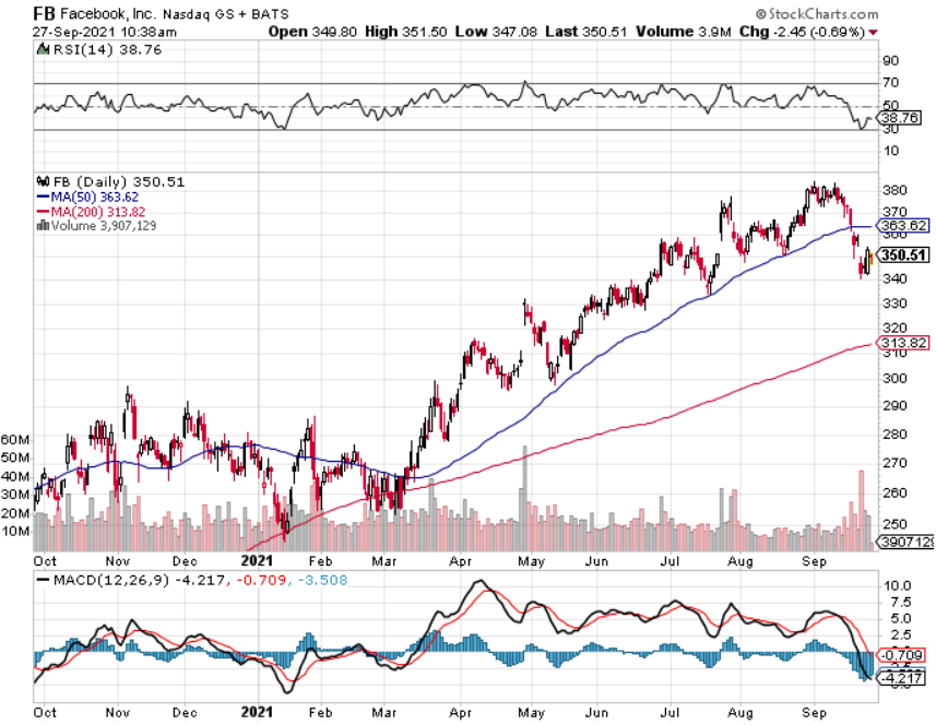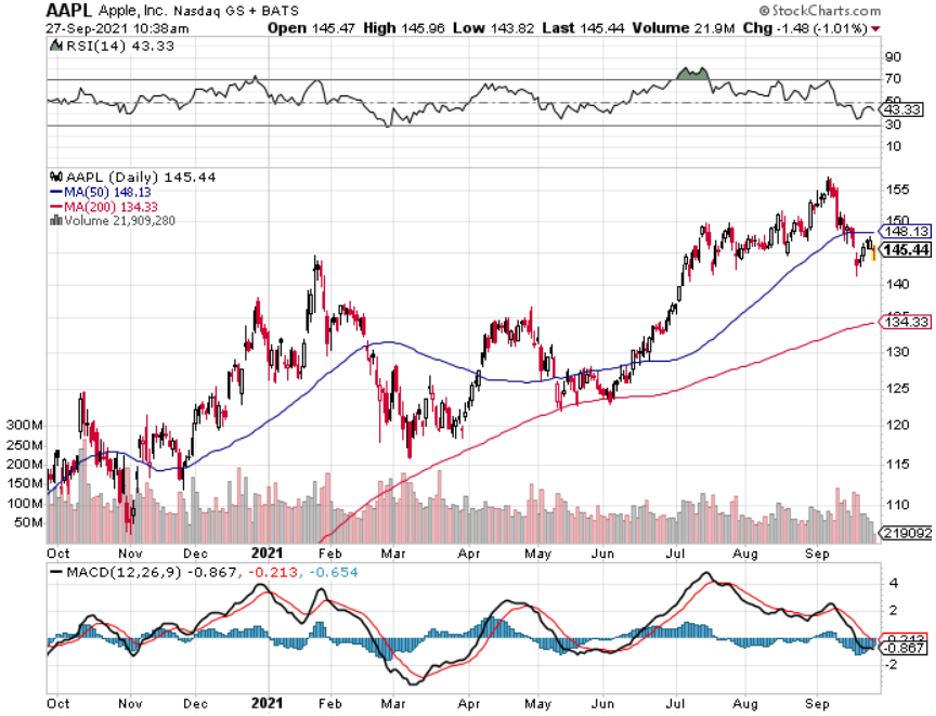A Shortened Runway for Silicon Valley
I’m not going to go so far as to claim the Silicon Valley tech story is over — that’s too premature.
But—and a very big but—I will say that the runway has been significantly shortened for the aircraft taking off.
In an everchanging zig-zagging tech climate — it’s my job to take the pulse of it and correspond it to the reader.
I would characterize myself as concerned with the latest developments in technology, and I specifically mean for those business models that many of you have poured your hard earned cash into.
I have gone on record saying that Silicon Valley suffers from a lack of imagination and the gravitas shortage in which to sort this out is starting to stick out like a sore thumb.
What we have is what we have.
Dynastic, hegemonic tech companies who, instead of taking the reins and helping the industry develop in terms of paradigm shifts, have chosen the way of incremental development to suck the marrow dry via the capitalistic model of short-term profits that manifest themselves in higher stock prices.
I have no problem with that at any level—higher stock prices have given my readers a chance to enrich themselves with generational wealth.
And yes, I agree with you, investing for paradigm shifts isn’t cheap, and who wants to be on the hook for this bill anyway when this gravy train isn’t over yet?
Recent signals are emblematic of the narrowing paths to profits for tech companies; they are increasingly required to pull off 4th quarter heroics to get ahead, and we are starting to rub up against the extreme limits.
Exhibit A — Facebook.
The company has confronted sharp criticism from lawmakers and users for its plan to develop an Instagram for kids and said it was pausing work on the project.
Facebook said it will re-evaluate the project at a later date as a damning expose by the Wall Street Journal.
This latest app was intended for children aged 10 to 12.
One internal Facebook presentation said that among teens who reported suicidal thoughts, 13% of British users and 6% of American users traced the issue to Instagram.
Remember that Facebook bought Instagram because Facebook, its flagship platform, was dropping users left and right.
Instagram was the savior.
I would argue that Facebook would be a $200 stock without this asset.
The next question investors should ask is, if Facebook “kids” was going to be the next growth sub-sector for Facebook, what does it do now?
It’s an uncomfortable question for Facebook shareholders and rightly so.
Again, this screams lack of innovation to me—shareholders cannot just tolerate Instagram for 8–10-year-olds, then Instagram for 6–8-year-olds, only to be followed up by the Instagram for 4-6-year-olds.
Crazy as it sounds, that was the path Facebook intended to go down.
Now, it’s time for a reset while their metaverse project isn’t ready.
Silicon Valley's Exhibit B — Apple.
Apple's earnings for Greater China in Q2 2021 were up 87.5% from this time last year, to $17.7 billion.
During its latest earnings call, Apple has announced dramatically increased revenues from Greater China for the three months ending March 2021. At 87.5% year-on-year, the percentage rise exceeds all other territories bar the rest of Asia Pacific.
On a standalone basis, higher revenue is great for the stock, and here at the Mad Hedge Tech Letter, we love higher tech shares.
The problem is that Apple’s biggest growth driver is China revenue.
I am sure that many readers have started to notice the calm before the storm in China.
If it wasn’t the real estate problems there, then sure, that’s a different industry but worrying.
However, Chairman of China Xi Ji Ping has gone on an aggressive defanging of the Chinese tech sector.
From imprisoning executives to massive fines — he is really stirring up the pot.
Apple readers also must ask themselves — how long will Apple be immune to the whims of Chairman Xi?
The answer is that it’s increasingly starting to seem like not long.
Just this last weekend, some of the biggest names in China’s tech industry made an appearance at the World Internet Conference (WIC) in Wuzhen to pledge support for the country’s “common prosperity” and small and medium-sized enterprises (SMEs) nearly a year after the government began an extensive crackdown on the sector.
There’s a legitimate risk that Apple’s immunity pass won’t be valid for much longer.
Remind yourself that Apple just came out with iPhone 13 and is on the path to make iPhone 14, 15, 16, and up to 100 because they make good money doing it.
Also remind yourself that Android phones are now just as good for half the price so in terms of relative competition, if they didn’t have a loyal base, people might not buy iPhones anymore.
Reality sucks, doesn’t it?
The defanging of Silicon Valley is a when and not if proposition; they will be forced to bet on the next paradigm shift and if they choose correctly, they will also be the winner of it so they might as well enlarge the budget for it.





